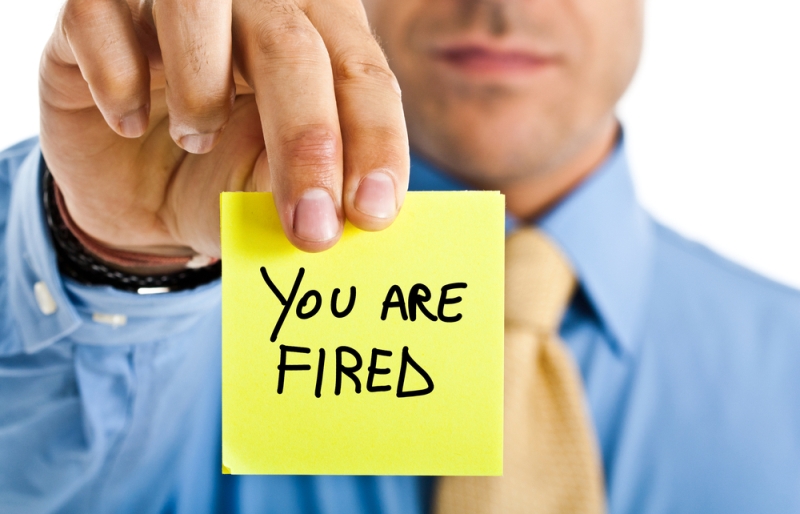
A Pittsburgh woman is suing her former employers under the basis that they allegedly fired her for being an alcoholic, raising questions about workers’ rights and addressing substance abuse problems.
Lucy Dafala filed her lawsuit with the Primanti Brothers restaurant chain after claiming that she was fired in February 2012 while attending rehab. Her court documents claim that she was a good worker despite her alcoholism and had no prior disciplinary issues. She also named eight other people, including her manager, who committed similar offenses and still kept her job.
If determined in court that her case is sound, it would be a direct violation of the Americans with Disability Act (ADA), which does cover alcoholism. Employers are required by law in some cases to let their employees attend rehab, if necessary. The Family Medical Leave Act (FMLA) also forbids an employer from firing staff members who are obtaining treatment for alcoholism.
However, employers can legally reprimand or fire their employees if their drinking interferes with their work or if they consume alcohol on the job. An employee can also be fired for relapsing or refusing to get help when given the chance. Neither the ADA or FMLA can be used in court when addressing issues relating to illegal substances.
Many of the recent lawsuits using ADA as a basis for discrimination have also fallen short for other reasons. A former director of research communications at Florida State University sued the school after being fired in 2011, but lost after former colleagues testified that he was abusive towards them and suffered memory lapses. A New Jersey sanitation worker unsuccessfully sued in 2005 after losing his license due to a DUI, while an Oregon cop lost his 2013 discrimination case after being fired for his role in a drunk-driving accident.
In 2012, the Substance Abuse and Mental Health Services Administration ranked the food service industry as the most addiction-prone career. A study published that same year by the Scandinavian Journal of Public Health found that 63% of the Swedish bar and restaurant workers who participated had dangerous drinking habits.
